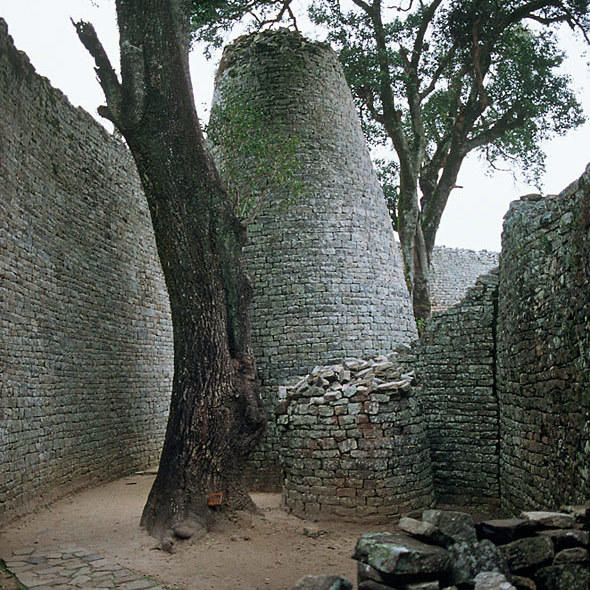|
Getting your Trinity Audio player ready…
|
By Wallace Mawire
The Great Zimbabwe Development Project has been initiated in Zimbabwe to enhance the value of the Great Zimbabwe heritage site.
Great Zimbabwe is one of the most spectacular architectural and cultural landscapes in Africa, declared a UNESCO World Heritage site in 1986.
Comprising one of the largest dry stone structures in sub-Saharan Africa and representing the namesake of its home country, Great Zimbabwe is a powerful symbol of African cultural and political identity, according to the United Nations Office for Project Services (UNOPS), which is implementing the development project.
According to Nawal Aminath, UNOPS Country Manager in Zimbabwe, the Great Zimbabwe Development Project (GZDP) is entering its second phase of a three-year programme following a successful launch event in June 2022. She said the programme activities are taking shape and partners are working closely to lay the foundations for long-term development.
UNOPS conducted a media workshop for Journalists in Zimbabwe in Masvingo from 24 to 25 November 2022 to provide project updates and greater context from the stories of the stone carvings to the training of tour guides, from economic empowerment of local enterprises to donor opportunities.
The workshop was also meant to provide visibility for the Great Zimbabwe Heritage Site at a domestic, regional and international level, apart from other objectives.
The project is funded by the Agence Francaise de Development (AFD) to the tune of Euro 3 million, managed by UNOPS in partnership with the National Museums and Monuments of Zimbabwe and the United Nations Educational, Scientific and Cultural Organization (UNESCO).
UNOPS will facilitate project management, infrastructure development and procurement needs for the duration of the project.
Great Zimbabwe is the largest of more than 150 major dry mortar stone ruins scattered across the countries of Zimbabwe and Mozambique. It is located in the city of Masvingo, at an altitude of 1100m, covering an area of 800 hectares and was built between 1100 to 1450 AD.
According to UNOPS, despite the significant cultural heritage and the pride the Great Zimbabwe monuments bring to Zimbabweans, there have been continuous challenges in terms of resources to maintain or upgrade the World Heritage Site.
It is reported by the UN agency that the low tourism attractiveness of the site has been further exacerbated by a fragile and rapidly evolving landscape, where human activities pose increasing threats to both the authenticity of the site and its potential in terms of economic valorisation.
UNOPS said that based on the findings of a feasibility study in September 2021 commissioned by AFD for the rehabilitation, conservation and sustainable development of the Great Zimbabwe World Heritage Site, the project aims to promote the tourism and cultural heritage of Zimbabwe by enhancing the World Heritage Site and strengthening national capacities in terms of heritage enhancement and development of related economic activities.
It is further added that the Great Zimbabwe Development Project is structured into four components which focus on the complimentary aspects of development. These include documentation and conservation, centred on improving the capacity of the National Museums and Monuments for heritage documentation, monitoring, maintenance and conservation, interpretation and visitor facilities.
It is said that the facilities currently have low tourism attractiveness compared to international standards. Tourism development and promotion will focus on maximising the visibility of the World Heritage Site and positioning it as a tourist destination on par with the international tourism landscape.
Another focus will be on community-based and territorial management solutions where the project intends to uphold the local communities at the heart of the development programme and set up activities like cultural hubs and supporting local dance groups.
Salesio Zvawada, UNOPS Project Manager for the Great Zimbabwe Development Project said that the aim of the initiative is to stimulate sustainable inclusive tourism development and cultural heritage of Zimbabwe through enhancing the World Heritage Site and strengthening national capacities to manage and enhance the site as well as promoting interlinkages with the local economy.
